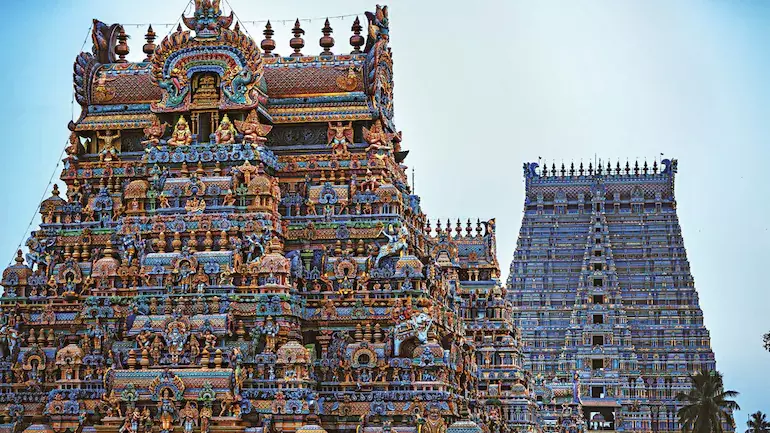'Crime Against Society At Large': Madras HC Directs State To Detain Temple Land Encroachers Under Goondas Act
Aaratrika Bhaumik
16 Sept 2021 1:38 PM IST

The Court also directed the constitution of a special cell to retrieve the encroached temple properties
Next Story


